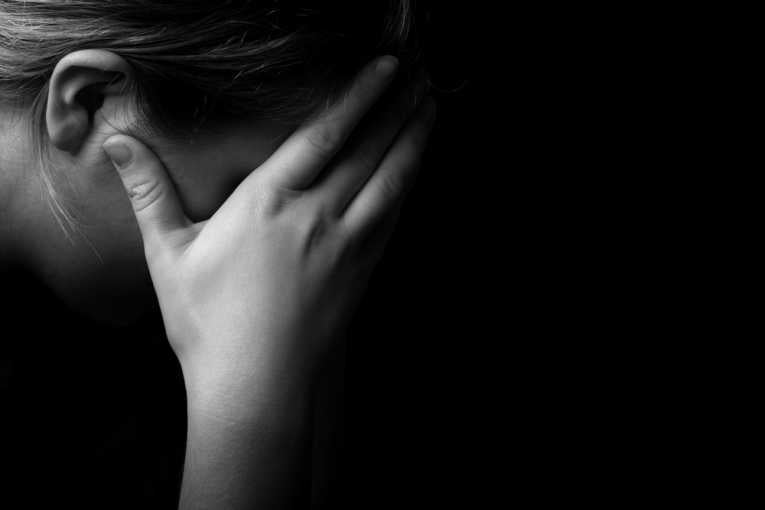Anxiety is quite normal. Everyone feels anxious when faced with a situation that is threatening or difficult, whether it is a simple day-to-day activity, such as crossing a busy road, being concerned about the safety of a child, or having to cope with a sudden emergency when driving on a motorway.
But anxiety is also a stepping-stone to other conditions. When someone is faced with a problem in life that can't be solved, we call that worry. If the anxiety is the result of a sudden threat, we call it fear.
Around one in every ten people will suffer from troublesome anxiety or phobia at some point in their lives. This means that around 6 million UK people could be suffering from some form of anxiety at any one time.
But anxiety also has its benefits. Actors who feel extreme anxiety before going on stage often end up by giving an outstanding performance. Actress Sarah Bernhardt famously told a young man who claimed never to have stage fright that he need not worry because it was something that came with talent.
Employers often use anxiety as a management tool, the logic being that when someone is anxious about their job, their performance will improve.
Some level of anxiety is good, because it keeps a person alert and makes them perform well, but it can become a problem if it carries on when it is no longer needed. A person can become uncomfortable, life will generally be more difficult and depression will result, leading to damage to physical health.
Some effects of anxiety are in the mind. These can include continual worry, tiredness, lack of concentration, irritability, insomnia and a general feeling of depression.
Other effects are more physical and include palpitations of the heart, sweating, dryness of the mouth, muscle pains, numbness in fingers and toes, dizziness, faintness, frequent passing of water and stomach cramps. Anxious people often see these as signs of a more serious health problem, thus increasing their anxiety.
There are three main signs of anxiety and there is a substantial amount of overlap between them.
There are a variety of causes.
The most important strategy for dealing with the problem is to learn how to control the anxiety. Babies do this naturally. Sharp sounds might upset or alarm a baby, but over a period of time the baby will come to realise that these are not a threat. In a similar way cognitive behavioural therapy (CBT) can achieve a similar result. For instance: for people obsessed with germs, a strategy might be for them to touch a doorknob and then to resist the compulsion to wash their hands. Coping strategies need to be developed as part of a gradual process.
If the anxiety is extreme, drugs like Valium can be used that suppress brain activity, but drugs can be addictive and in some cases can lead to further anxiety, especially when the time comes for them to be withdrawn.
There is a clear need for better understanding of the neural pathways of anxiety that will help pharmacologists to develop drugs that are more precisely targeted, but the eventual aim must be to identify likely anxiety sufferers at an early stage so that treatment can preventative rather than simply therapeutic.
Useful references - all have good additional resources:










